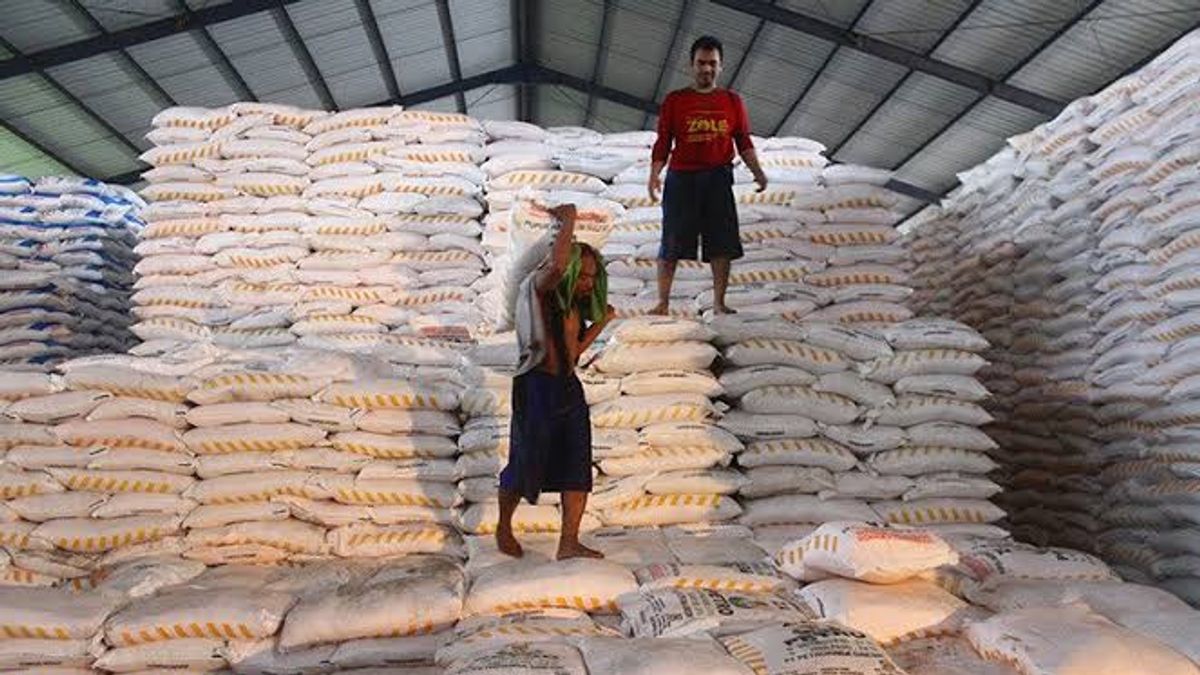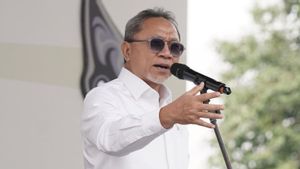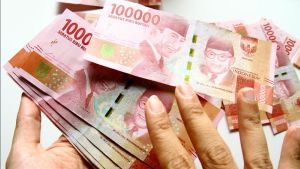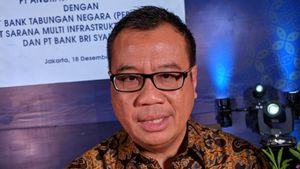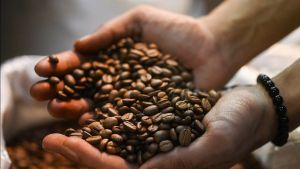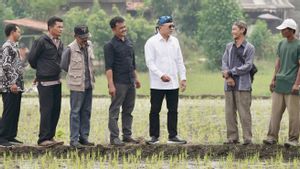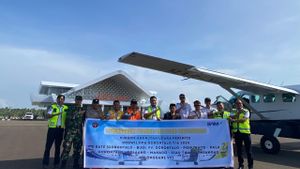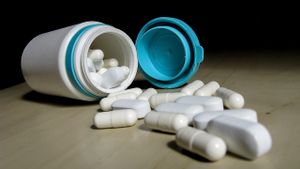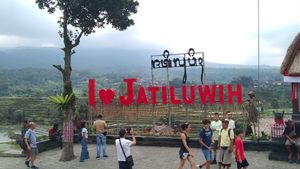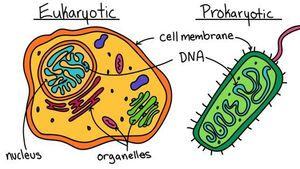JAKARTA - Minister of State-Owned Enterprises (BUMN) Erick Thohir conveyed that the Ministry of SOEs through Pupuk Indonesia Holding Company (PIHC) is ready to support food security through the provision of fertilizers in Indonesia in order to maintain national food price stability.
Erick said fertilizer plays a strategic role in food security. Therefore, the Ministry of SOEs has prepared a roadmap related to the provision of fertilizers.
This is in line with President Joko Widodo's (Jokowi) statement when opening the G20 Summit at the Apurva Kempinski Hotel, Bali, Tuesday, November 15.
At that time, Jokowi conveyed the problem of scarcity of fertilizers that should not be underestimated because it could have an impact on the welfare of the world community, especially food security. Jokowi also said that scarcity of fertilizers could cause crop failure in the agricultural sector which could have an impact on the availability of food in the world.
"In line with what President Joko Widodo said to strengthen the fertilizer industry, the Ministry of SOEs has determined roadmaps, collaborations, and sustainable strategic alliances from several SOEs that have an interest in providing quality fertilizers that increase agricultural productivity and food needs," said Erick Thohir, in an official statement, Wednesday, November 16.
PT Pupuk Indonesia (Persero) as a fertilizer BUMN holding has 5 fertilizer producing companies spread across Kalimantan, Java, and Sumatra, namely PT Pupuk Iskandar Muda, PT Pupuk Sriwidjaja Palembang, PT Pupuk Kalimantan Timur, PT Pupuk Kujang, and PT Petrokimia Gresik.
The five companies can produce a total of 14,012,500 tons of fertilizer per year consisting of NPK, SP-36, UREA, ZA, and ZK, as well as produce non-fertilizer products such as Amongiak, Asam Fosfat, Southeast Sulawesi which totals 8,694,000 tons per year.
Based on the latest data as of November 15, 2022, the stock of fertilizer subsidized by PT Pupuk Indonesia (Persero) for the Urea and NPK types is currently recorded at 720,552 tons, with details of Urea fertilizer as much as 437,770 tons and NPK fertilizer as much as 282,782 tons.
This subsidized fertilizer is ready to be distributed to farmers registered in farmer groups and electronics of the Group Needs Definitive Plan (e-RDKK). To ensure distribution, Pupuk Indonesia is supported by complete distribution facilities.
This facility consists of 3 fertilizer bagging units (UPP) in Semarang, Cilacap, and Banyuwangi, 9 units of Distribution Center (DC) in Makassar (3 units), Medan (2 units), Dumai, Surabaya, Celukan Bawang, and Lembar. Then 590 warehouses with a capacity of 2.5 million tons, and have a network of more than 1,100 distributors and more than 28,000 official kiosks.
In addition to providing subsidized fertilizers, Pupuk Indonesia also continues to increase the availability of fertilizers by expanding non-subsidized fertilizer kiosks. Currently, fertilizer kiosks from the Pupuk Indonesia network have been operating in a number of provinces, such as Bali, East Java, Central Java, West Java, Lampung, South Sumatra, Riau, North Sumatra, to Aceh.
"It is certain that we secure the availability of subsidized fertilizers in accordance with the constitutional mandate. However, the non-subsidized fertilizer program also aims to advance the business and welfare of farmers. If productivity increases and agricultural products are maximally absorbed, then farmers' welfare can increase and national food stocks are also maintained," said Erick.
Review of Baku Materials until the End of 2023
Meanwhile, President Director of PT Pupuk Indonesia (Persero) Bakir Pasaman said, PIHC had actually secured the supply of raw materials for fertilizers until the end of 2023.
Bakir said, efforts to secure raw materials were carried out in several ways, such as collaborating with partner countries that produce fertilizer raw materials, especially phosphates and potassium at competitive prices.
To strengthen these efforts, PIHC has also opened a representative office in Dubai as a liaison with raw material supply countries.
Bakir revealed that PIHC is also building new factories as an effort to increase fertilizer production capacity to meet national needs, both subsidies and non-subsidized ones, as well as international markets, including plans to build a 3B Pusri urea factory in Palembang and complete the NPK factory in Lhokseumawe and review the construction of fertilizer factories in West Papua.
"As a fertilizer producer, Pupuk Indonesia is committed to meeting the fertilizer needs of farmers by trying to keep the price of commercial or non-subsidized fertilizers affordable, by trying to set prices below the international market price. Pupuk Indonesia is also ready to meet the needs of farmers' fertilizers according to government assignments and distribute them to eligible farmers," said Bakir.
The English, Chinese, Japanese, Arabic, and French versions are automatically generated by the AI. So there may still be inaccuracies in translating, please always see Indonesian as our main language. (system supported by DigitalSiber.id)
